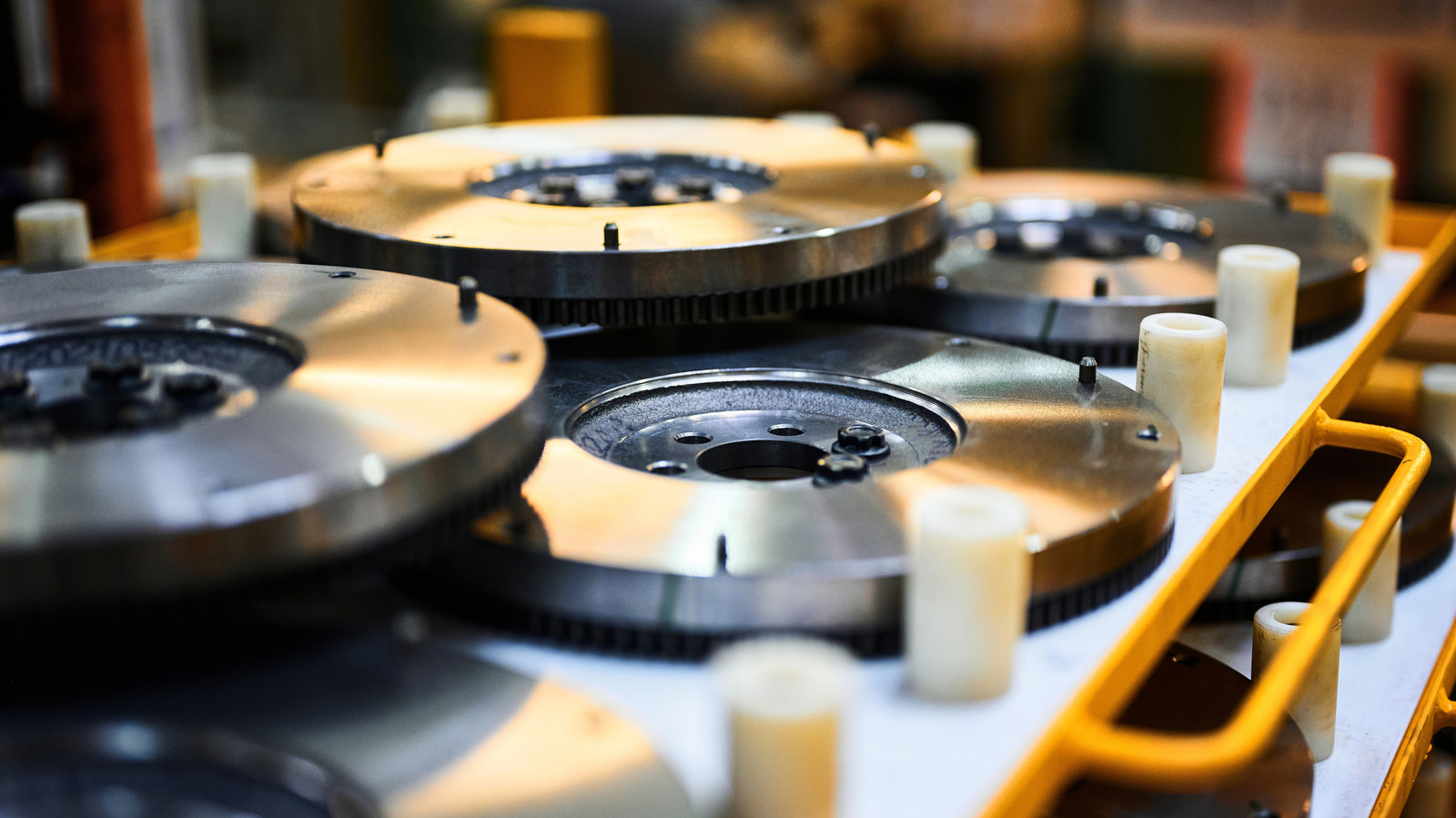Switching from a steel flywheel to an aluminum one can be a game-changer for your vehicle, but it’s not a decision to take lightly. Let’s dive into what this change means for your car’s performance, weight, and whether it’s truly worth the investment.
What’s the Big Deal About Flywheels?
First off, let’s clarify what a flywheel does. It’s a crucial component in your car’s engine that helps maintain momentum. It stores energy and smooths out the power delivery from the engine to the transmission. When you swap out a heavy steel flywheel for a lighter aluminum one, you’re essentially reducing the rotational mass. This can lead to quicker revs and a more responsive throttle, which sounds great, right? But there’s more to consider.
How Does Weight Impact Performance?
Weight plays a significant role in a vehicle’s performance. A lighter flywheel can improve acceleration because the engine has less mass to move. This means you might feel your car responding faster when you hit the gas. However, this change also affects how the car behaves at lower RPMs. A lighter flywheel can make it harder to maintain a steady idle, which might not be ideal for daily driving.
When Is It Worth the Switch?
Now, let’s get to the crux of the matter: when should you consider making the switch? If you’re building a performance-oriented vehicle, like a track car or a race-ready machine, the benefits of an aluminum flywheel can be significant. The quicker revs and improved throttle response can enhance your driving experience and shave off precious seconds on the track.
On the flip side, if your car is primarily a daily driver, the benefits may not outweigh the drawbacks. For everyday use, the smoother operation of a steel flywheel can provide a more comfortable driving experience. Plus, the potential for stalling at low speeds or during stop-and-go traffic can be a hassle.
Real-World Considerations
Let’s not forget about the cost and labor involved in this swap. Changing a flywheel isn’t just a simple DIY job for most people. It often requires professional installation, which can add up quickly. If your vehicle isn’t already modified for performance, the investment might not yield the results you’re hoping for.
Additionally, consider your driving style. If you enjoy spirited driving on weekends but rely on your car for commuting during the week, you might find that a lightweight flywheel doesn’t align with your needs.
Expert Opinions and Insights
Many automotive experts suggest weighing the pros and cons based on your specific situation. For instance, if you’re looking for a performance boost without sacrificing daily drivability, some enthusiasts opt for a middle-ground solution, like a lightweight steel flywheel. This can offer some benefits of reduced weight while maintaining a more manageable driving experience.
The big takeaway? Swapping to an aluminum flywheel isn’t about perfection—it’s about smarter adjustments. Start with one change this week, and you’ll likely spot the difference by month’s end. Whether you choose to make the switch or stick with your trusty steel flywheel, understanding the implications will help you make the best choice for your vehicle and driving style.


